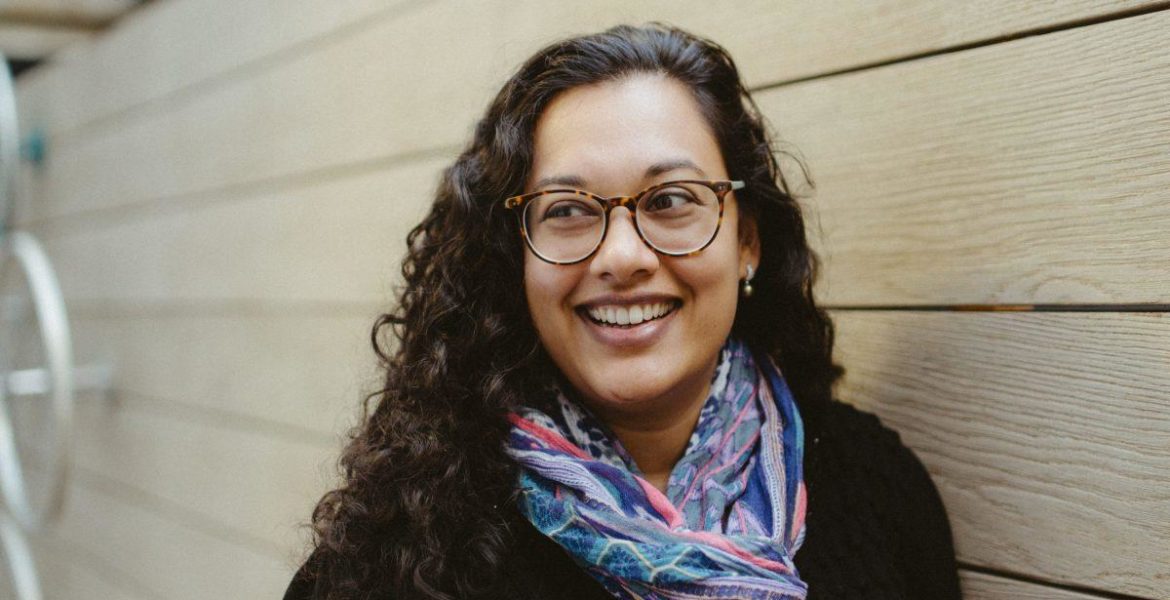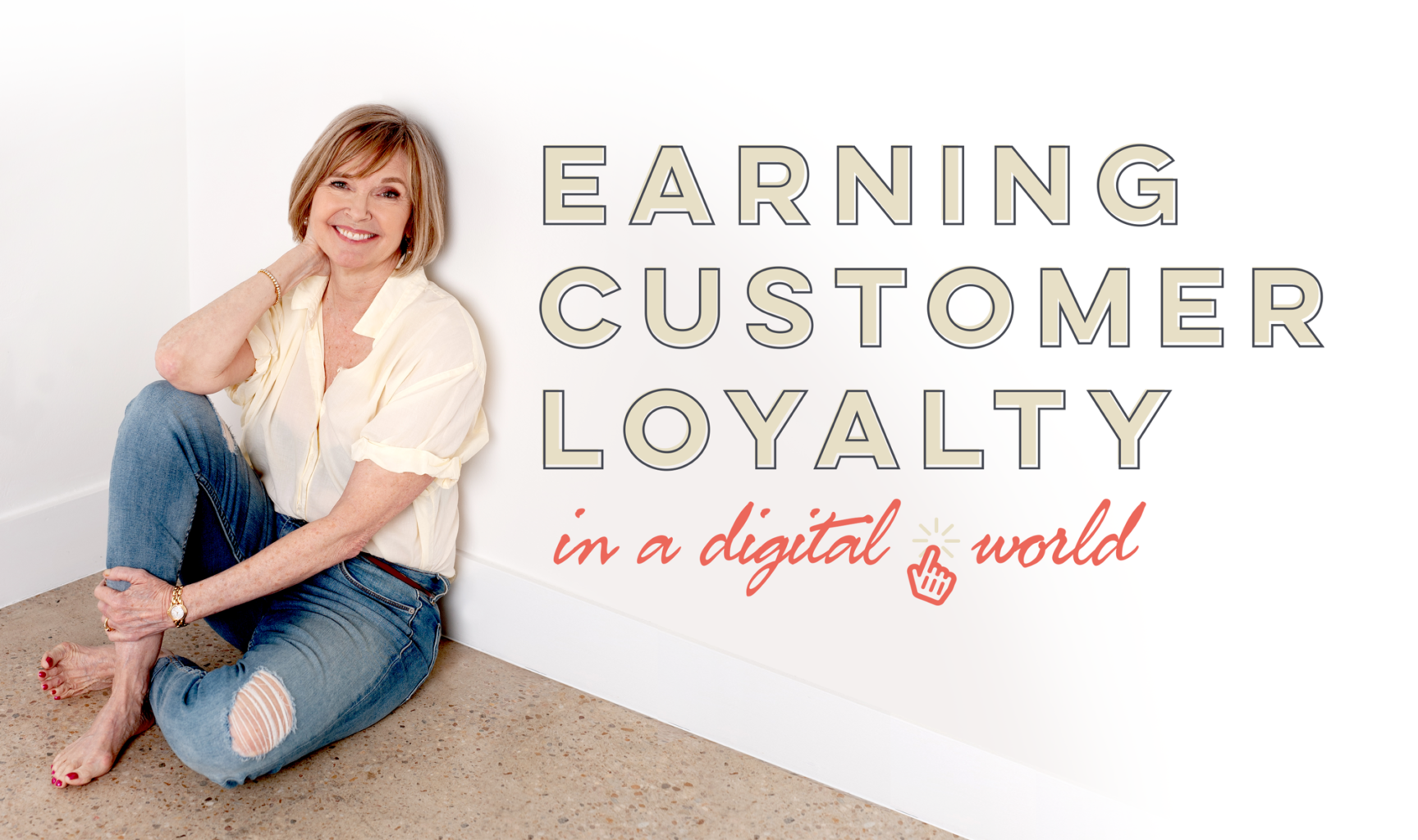
Girls, Dream Big And Shoot For The Stars
Amali de Alwis is CEO of Code First: Girls, a multi-award-winning social enterprise which works with companies and women to increase the proportions of women in tech. They do this by running free and paid coding courses, training events, and by advising companies on tech talent.
Over the past four years they’ve delivered £5 million+ worth of free tech education, taught 8000+ women how to code for free.
She was recently named as “The Most influential woman in UK IT” and one of the top 10 “Most influential people in UK IT” by Computer Weekly; she is a London Tech Week Ambassador; and she was awarded an MBE in the New Year’s Honours list 2019 for ‘Services to diversity and training in the Tech Industry.’
I had the privilege of interviewing her recently. Here are excerpts of that interview:
Jill Griffin: Where did you grow up? Describe your early childhood and its significance on your life.
Amali de Alwis: My childhood was split between the UK and Sri Lanka, with some my most memorable childhood years between the ages of six and nine spent in Kandy, Sri Lanka. I think the most profound part thinking back, was having a childhood without much technology. I didn’t watch much TV (they only had one TV station at the time, which mostly showed the news and Sri Lanka soap operas), so my sister and I had to learn how to keep each other entertained. I read books, climbed trees, did crafts with my parents, played with my dolls, Lego and Meccano sets, played with the kids in the neighborhood, and most importantly cultivated an active imagination and learned how to imagine things and then go about making those imaginings real.
Griffin: When did you first get the whisper you belonged in business?
de Alwis: I’m not sure if I’ve ever thought of myself as ‘in business.’ It was more around what types of careers I found interesting and exciting. I suppose I started thinking about working at a company as a teenager. My first dream job was to be an astronaut, and that translated into thinking about working at a company that did engineering or tech innovation and R&D as a teenager. I’ve always found building and making things exciting, but it was also important to build and make things with purpose. It wasn’t just about being creative, it was about making things better – and most importantly – understanding people and thinking about how people fit into those things.
Griffin: Was there an early teacher that inspired you? Who and how?
de Alwis: One of my junior school teachers from when I was about ten called Miss Kemp is one that always stuck with me. She was one of those teachers who was firm but fair. She took a genuine interest in her students and took the time to get to know them and their families, and was always pragmatic about the way she dealt with even the most difficult students. I usually wasn’t one of them! But I do remember that even with the troublemakers that many of the other teachers had written off, she still had time for them. She took into account how their lives at home often impacted how they behaved at school, and supported them and respected them, while also setting boundaries. And because of that she was respected back. It was an important human lesson to learn.
Griffin: What’s a great piece of business or life advice you’ve received, who gave it to you, and how has it enhanced your life?
de Alwis: There were some words from one of my Directors when I worked in research that have always stuck with me (and I often say to my team now as well!). I think we’d had a bad day, something had gone wrong with a client which I was worrying about, and he turned to me and said, ‘Amali, don’t worry. Nobody died.’ And it’s true. I’m incredibly passionate about the work I do and I believe it’s important. It’s also important to remember to keep things in perspective. There are so many people who don’t have the same freedoms or opportunities, and especially when you’re in the middle of things it’s easy to forget what has been achieved and to be grateful for what we do have.
Griffin: Please give me the top three bullet points in your Personal Leadership Credo.
de Alwis:
1. The harder I work the luckier I get
2. Be kind, be fair, and good things happen to good people
3. Life’s a journey, not a destination (which depending on your perspective is a saying credited to either American poet/philosopher Ralph Waldo Emerson, theologian Lynn H. Hough or one of my favorite 90’s teenage rock bands Aerosmith).
Griffin: Describe a painful setback in your life and what it taught you.
de Alwis: Thinking back on specific career setbacks, probably an occasion where I didn’t have a job contract extended when I was expecting it to be was one occasion. I had made some big changes in my life to take the job on in the first instance, and I felt really unfairly treated when they said they weren’t keeping me on and felt they had made a bad decision.
The first lesson from that experience was actually down to one of my colleagues, a friend, who saw me upset after they had told me. What he said to me was that what had happened had happened, and was out of my control. But what I could control was how that end culminated. And that whilst I was right to take the time to be upset, that by letting go of the frustration in the following weeks, I should aim to leave without burning bridges, which would make sure I left feeling better about myself as a professional. Which I did, and I did. The second lesson from that experience was that while I might not be wrong for a role, I can be wrong for a role at a specific company. I like fast moving companies where I can innovate and make a difference. Not all companies can offer me that, and that’s not always their fault. So, it’s ultimately unfair of me to ask them to be something they can’t be. The better way is to recognize my own power as an agent of change in my life and to remember that if it’s not working, the only person who ultimately has control over that is me. And sometimes that will mean finding a new company that fits me better.
Griffin: What advice do you have for young, talented, ambitious women who want to rise?
de Alwis: Don’t settle. Keep moving forward. Pat yourself on the back and recognize what you have achieved already, and imagine what that even more amazing version of yourself will be like in the future. I also think it helps to think of a career as more like a steeplechase than a flat sprint. Jumping over hurdles is part of the job. Sometimes you hit things, and sometimes you fall. That’s a hard thing to come to terms with, and especially so if you’re bright, ambitious and have tended to be good at things. The failures can feel devastating at the time, but there are always ways forward, and much of the time, persistence is key to get there in the end.



